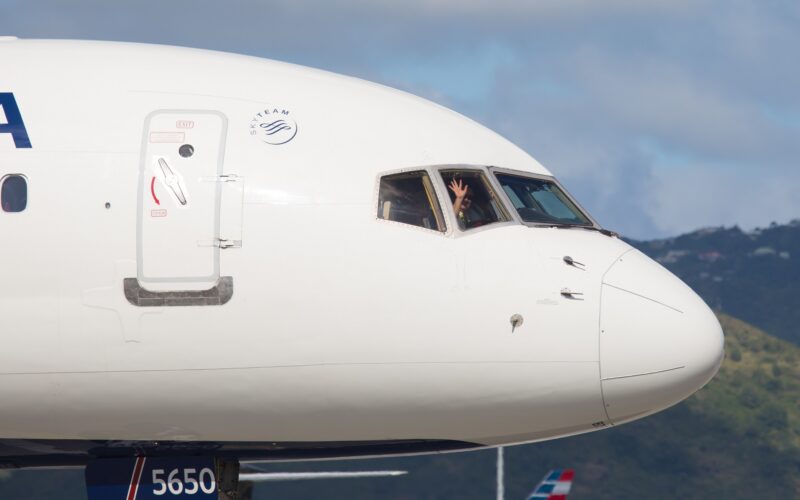The United States (US) House of Representatives voted to pass the Federal Aviation Administration (FAA) bill that would authorize the agency to work for the next five years.
The bill, introduced by the House’s Transport & Infrastructure Committee (T&I) on June 9, 2023, and named the Securing Growth and Robust Leadership in American Aviation Act, was approved with a 351 to 69 vote. US lawmakers voted on the bill on July 20, 2023.
“This bipartisan legislation improves the safety of our system, our airport infrastructure, and the quality of service for passengers,” Sam Graves, the Chairman of the T&I, said. “Not only that, this bill will make the FAA more efficient, encourage the safe adoption of new and innovative technologies, and address growing workforce shortages, from pilots and mechanics to air traffic controllers.” However, not everyone is happy with the new bill. The Air Line Pilots Association (ALPA) said that the bill contains a poison-pill provision, which would raise the mandatory retirement pilot age from 65 to 67.
“As the world’s largest nongovernmental aviation safety organization, ALPA is committed to keeping flying safe,” the organization wrote in its statement. “Unfortunately, H.R. 3935 as passed by the House will introduce new risk by raising the mandatory pilot retirement age.” The union continued that this is a “solution in search of a problem” and that no safety experts could study the proposal, including the FAA and the Department of Transportation, “both of whom oppose a change for exactly this reason”.
ALPA cited Jack Bergman, a Republican from Michigan and a former Northwest Airlines captain, who voted against the bill, explaining that powers “pulled out all the stops to silence dissent and shield the American public from a debate they know they can’t win”.
Nevertheless, the T&I maintains that the bill will improve FAA’s operations, strengthen the General Aviation (GA) sector, grow the workforce within the industry, increase investments in airport infrastructure, upholds safety standards, encourages innovation, and enhances the passenger experience.
Furthermore, the act also authorized the National Transportation Safety Board (NTSB) to act as an independent agency when investigating safety occurrences in aviation and other industries, including rail and maritime shipping.

